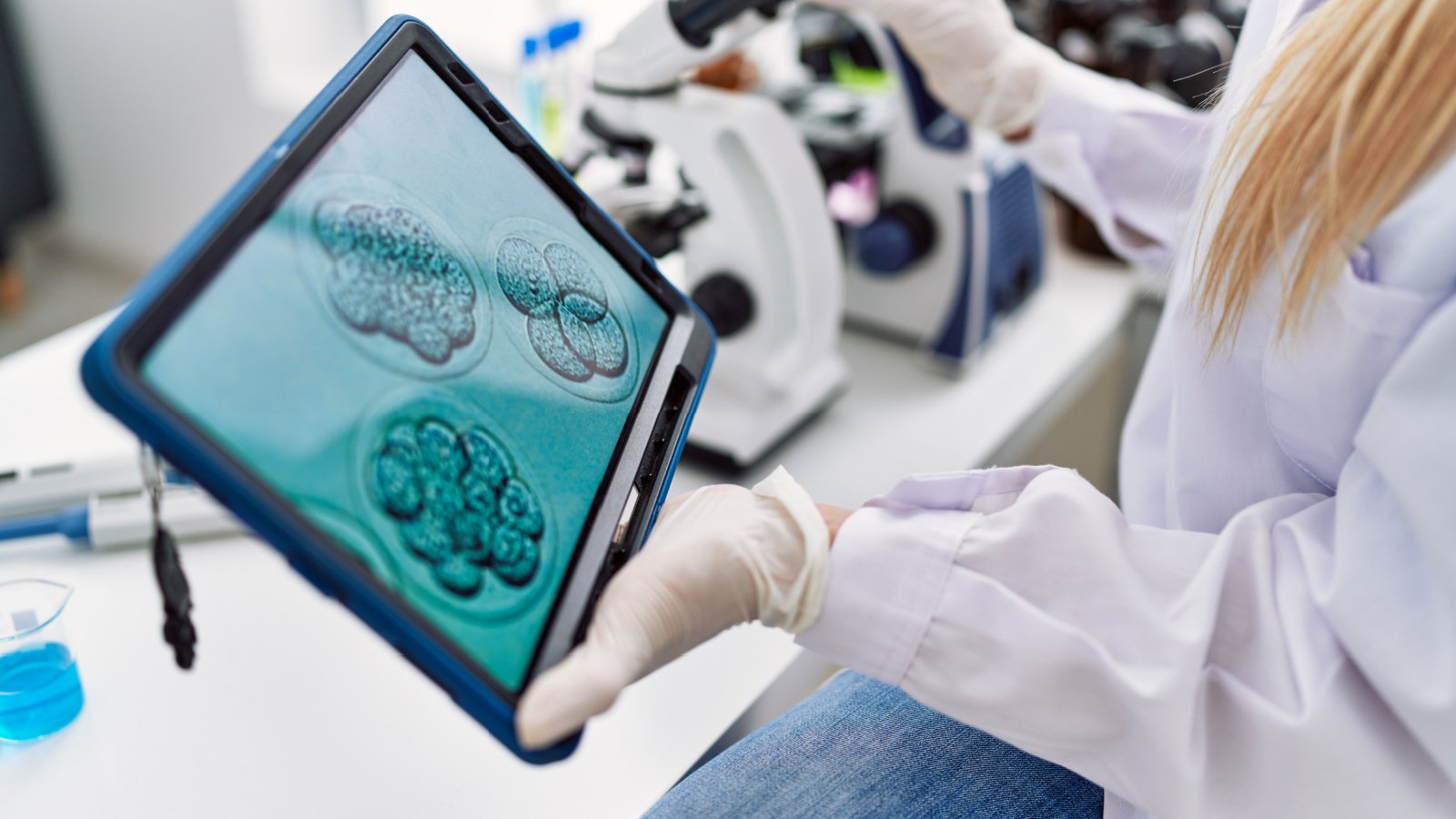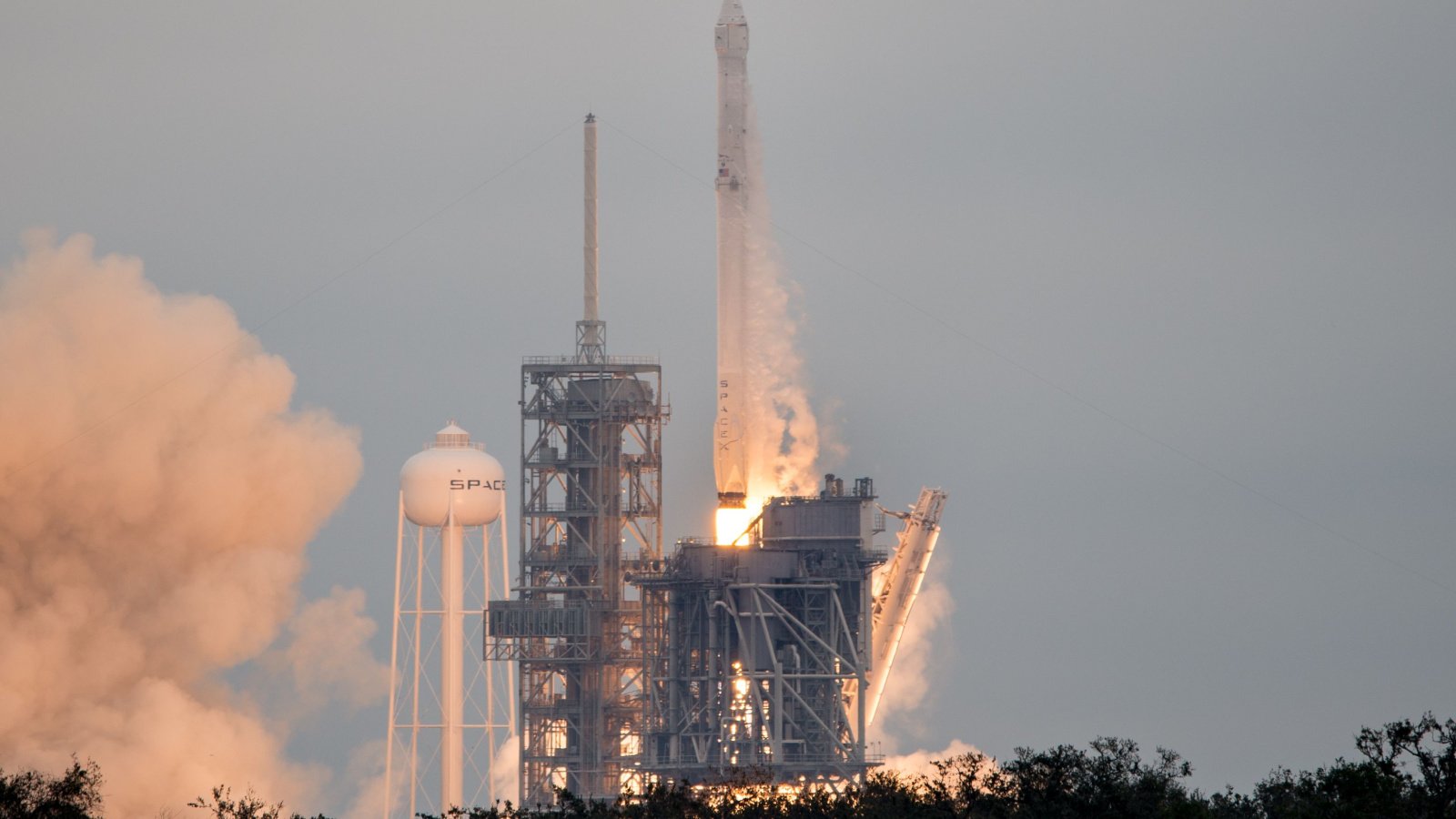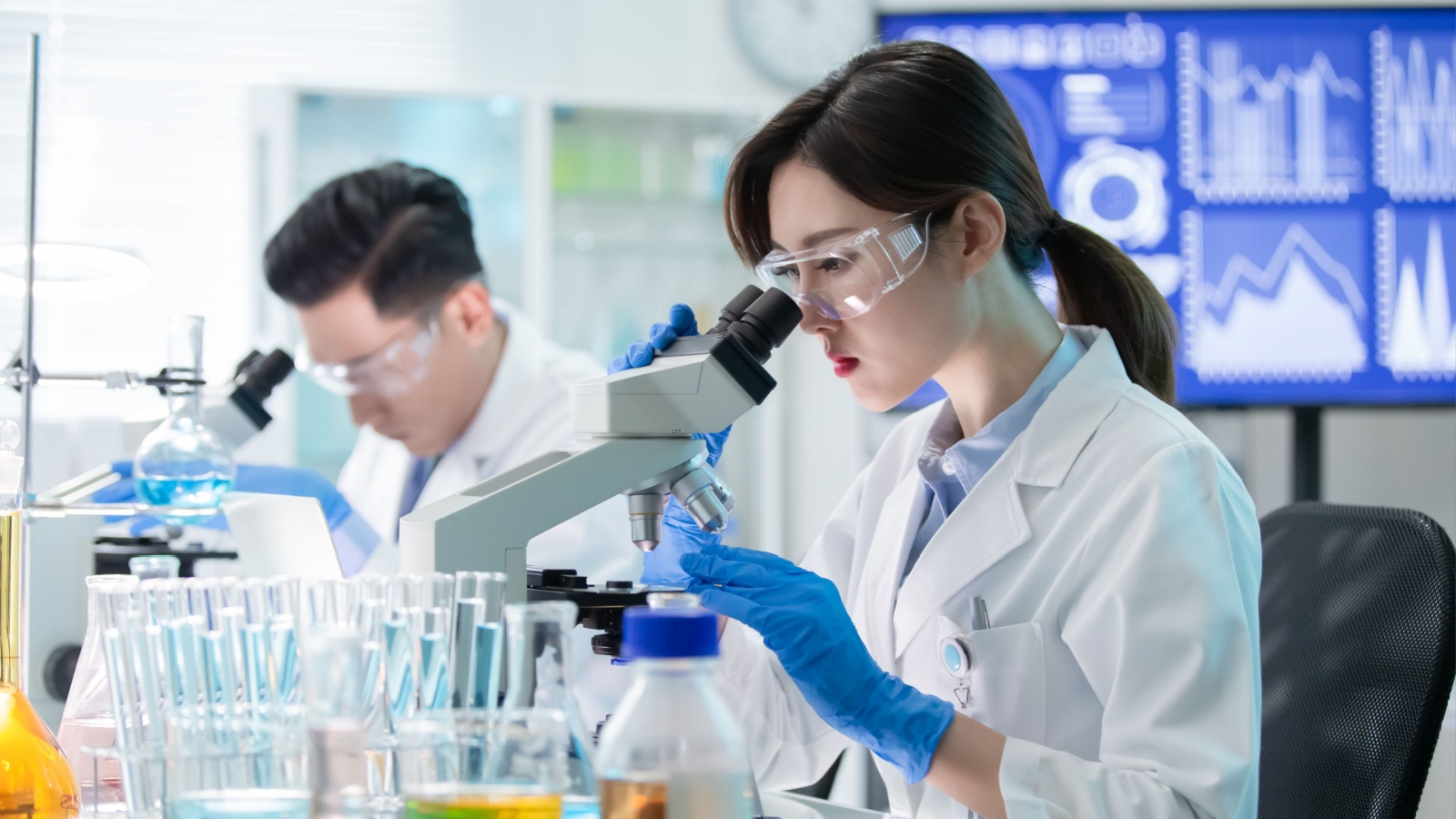Throughout history, groundbreaking discoveries have continually reshaped our existence and expanded our understanding of the world. From harnessing fire to exploring outer space, each discovery has propelled humanity forward. Here, we examine the most significant discoveries across the ages, exploring their profound impact on civilization and modern life.
Fire

The discovery of fire was a pivotal moment for early humans, allowing them to cook food, stay warm, and ward off predators. It fundamentally changed human diet and lifestyle, leading to physical and social evolution.
The Wheel

Invented in Mesopotamia around 3500 BC, the wheel revolutionized transport, agriculture, and technology. It enabled the development of chariots, pottery wheels, and, later, machinery in the Industrial Revolution. Its impact on mobility and industry cannot be overstated.
Agriculture

Around 10,000 BC, humans began to cultivate crops and domesticate animals, marking the shift from nomadic to settled societies. This agricultural revolution allowed populations to grow and civilizations to flourish. Today, agriculture remains foundational to global economies and food security.
Written Language

The invention of written language in ancient Sumeria over 5,000 years ago enabled the recording of history, laws, and knowledge. Writing transformed the way information is communicated and preserved, laying the groundwork for complex societies.
The Zero

Developed independently in civilizations like the Maya and in ancient India, the concept of zero was revolutionary in mathematics. It enabled the development of an integer-based number system, simplifying calculation and paving the way for advances in algebra, calculus, and computing.
Printing Press

Invented by Johannes Gutenberg in the mid-15th century, the printing press made books affordable and accessible, democratizing knowledge. It facilitated the spread of literacy, scientific ideas, and political thought, influencing the Reformation and the Renaissance. The printing press is often credited with launching modern knowledge dissemination.
Telescope

Invented in the 17th century, the telescope expanded our view beyond the Earth, leading to significant discoveries in astronomy. Galileo’s observations challenged prevailing views of the cosmos, contributing to the scientific revolution. Telescopes continue to be vital tools in expanding our understanding of the universe.
Steam Engine

The steam engine, perfected in the 18th century, was the driving force behind the Industrial Revolution. It enabled more efficient power for manufacturing, transportation, and beyond, shaping modern industrial society.
Vaccination

Edward Jenner’s development of the smallpox vaccine in 1796 launched the era of immunization. This practice has led to the eradication of smallpox and reductions in many other infectious diseases. Vaccination remains one of the most effective public health interventions.
Electricity

The understanding and harnessing of electricity in the 19th century changed the course of human development. It led to innovations such as lighting, telecommunications, and computers, fundamentally altering daily life.
General Anesthesia

First used in the mid-19th century, general anesthesia made pain-free surgery possible, fundamentally changing medical practice. It has allowed for longer, more complex, and less traumatic surgical procedures. The development of anesthesia has been a critical enabler of advances in medical treatment.
Theory of Evolution

Charles Darwin’s theory of evolution by natural selection, published in 1859, profoundly changed biology. It provided a unifying foundation for understanding the diversity of life on Earth. Evolution continues to be a central principle in biological sciences.
Periodic Table

Dmitri Mendeleev’s creation of the Periodic Table in the 19th century organized the elements based on atomic mass, which later evolved into atomic numbers. It provided a framework that continues to guide scientific research in chemistry, physics, and biology.
Internal Combustion Engine

Developed in the 19th century, this engine enabled the rise of automobiles, affecting transportation globally. It transformed not only how people travel but also the design of cities and international trade dynamics.
Penicillin

Discovered in 1928 by Alexander Fleming, penicillin was the first true antibiotic. Its ability to kill bacteria radically improved the survival rates from infection and paved the way for the development of more antibiotics.
Theory of Relativity

Einstein’s Theory of Relativity, formulated in the early 20th century, redefined the concepts of time, space, mass, and energy. It has profound implications for physics, affecting everything from nuclear power generation to our understanding of the universe.
Quantum Mechanics

Developed in the early 20th century, quantum mechanics challenges classical notions of physical reality. It provides a mathematical description of the dual particle-like and wave-like behavior and interaction of matter and energy.
Plastic

Invented in the early 20th century, plastics revolutionized manufacturing with their durability, malleability, and low cost. They have become ubiquitous in daily life, used in everything from packaging to high-tech equipment. While incredibly useful, the environmental impact of plastics has led to significant challenges in waste management and recycling efforts.
DNA Double Helix

The discovery of DNA’s structure by Watson and Crick in 1953 unlocked the understanding of genetic information transfer. It has revolutionized fields like genetics, medicine, and forensic science. The implications of DNA technology are vast, from medical treatments to legal proceedings.
Space Travel

Human space travel, achieved first by Yuri Gagarin in 1961, has opened up new realms of exploration and scientific inquiry. It has led to significant developments in technology, including satellites, which impact communication, weather forecasting, and environmental monitoring.
Computer

The development of the computer has revolutionized the processing and storage of information. From early mechanical calculators to today’s powerful digital systems, computers have become essential in science, business, and personal life. Their continuing evolution is driving advancements in virtually every field of study and industry.
Internet

Developed initially as a military network in the 1960s, the Internet was opened to the public in the early 1990s. It has since transformed global communication, commerce, and entertainment. The Internet’s impact on social interactions and information exchange is unparalleled.
Artificial Intelligence

Emerging from theoretical concepts to practical applications, artificial intelligence has begun to impact every aspect of human life. AI’s capabilities in learning, problem-solving, and automating complex tasks are transforming industries and prompting ethical debates. As AI technology advances, its influence on society continues to grow.







